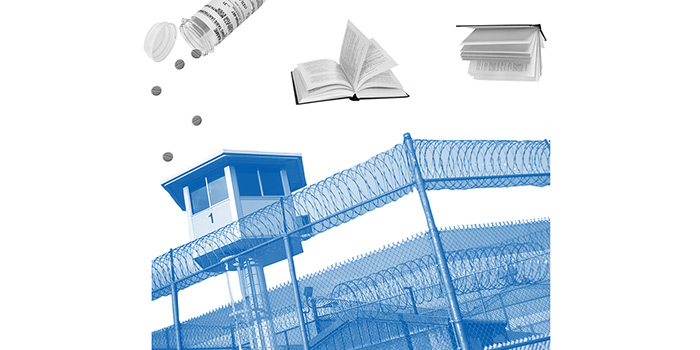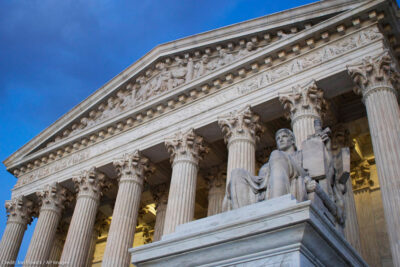Religious Freedom in Prison
The ACLU works in courts, legislatures, and communities to defend and preserve the individual rights and liberties that the Constitution and the laws of the United States guarantee everyone in this country.

The Latest
Explore More
What's at Stake
The First Amendment protects a prisoner’s right to practice his or her religion of choice. Congress has acted to reinforce this protection through its passage of the Religious Land Use and Institutionalized Persons Act (RLUIPA). Under federal law, a prison or jail cannot substantially burden a prisoner’s exercise of his or her religion unless it can demonstrate that it has a compelling interest that cannot be achieved through any other less restrictive means.
The law protects these rights for good reason. Religious communities provide a vital network of support for prisoners and can play an important role in easing a prisoner’s transition back into the community upon release.
Nonetheless, jails and prisons throughout the country frequently violate the religious rights of prisoners. The ACLU has challenged policies and practices refusing to accommodate the dietary needs of Jewish prisoners; forbidding prisoners from possessing any reading material other than the Bible; barring prisoners from wearing religious headgear or styling their facial hair according to Islamic custom; and prohibiting Christian prisoners from having a communal pre-meal prayer during Christmas.
The First Amendment protects a prisoner’s right to practice his or her religion of choice. Congress has acted to reinforce this protection through its passage of the Religious Land Use and Institutionalized Persons Act (RLUIPA). Under federal law, a prison or jail cannot substantially burden a prisoner’s exercise of his or her religion unless it can demonstrate that it has a compelling interest that cannot be achieved through any other less restrictive means.
The law protects these rights for good reason. Religious communities provide a vital network of support for prisoners and can play an important role in easing a prisoner’s transition back into the community upon release.
Nonetheless, jails and prisons throughout the country frequently violate the religious rights of prisoners. The ACLU has challenged policies and practices refusing to accommodate the dietary needs of Jewish prisoners; forbidding prisoners from possessing any reading material other than the Bible; barring prisoners from wearing religious headgear or styling their facial hair according to Islamic custom; and prohibiting Christian prisoners from having a communal pre-meal prayer during Christmas.


